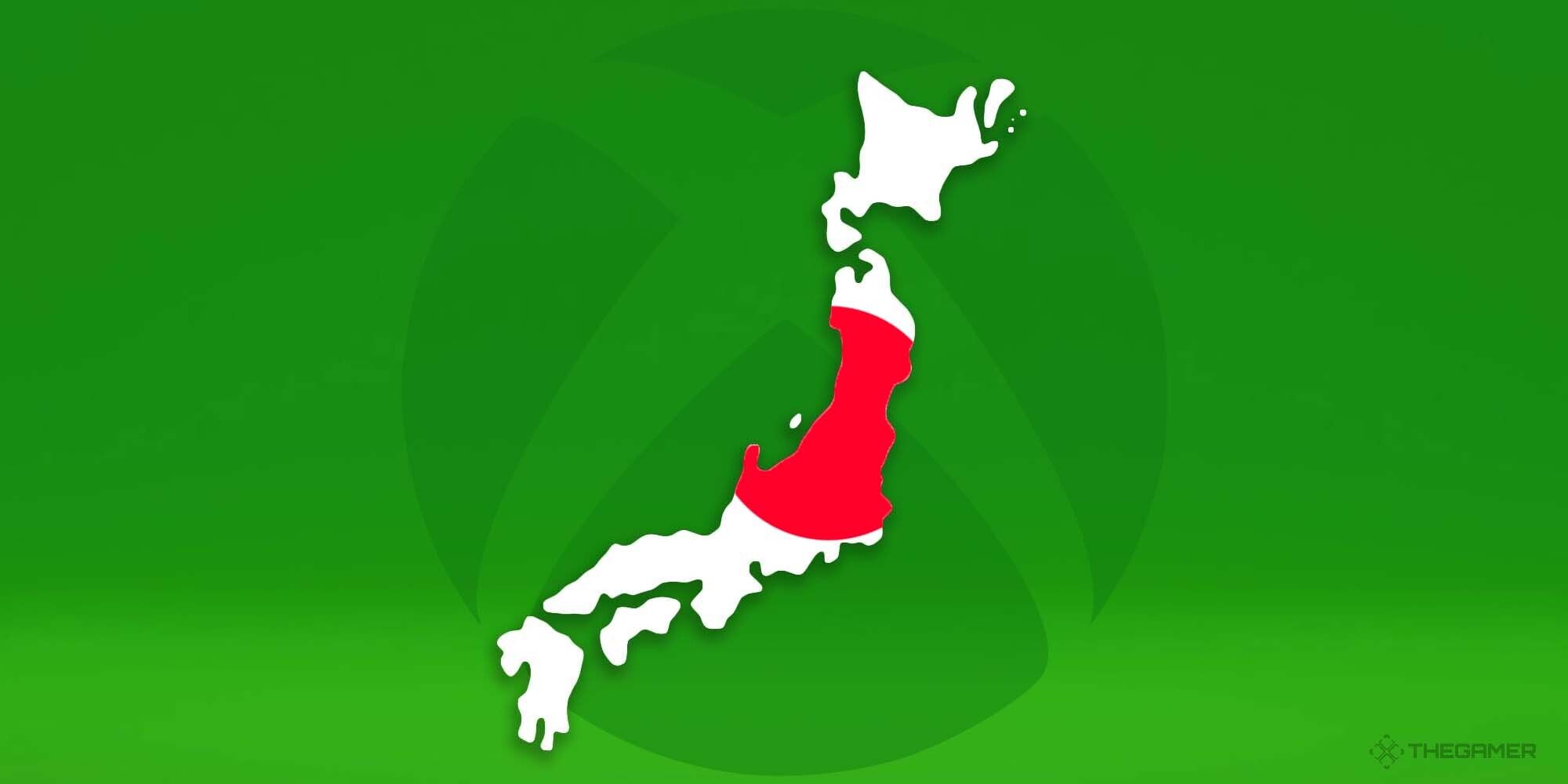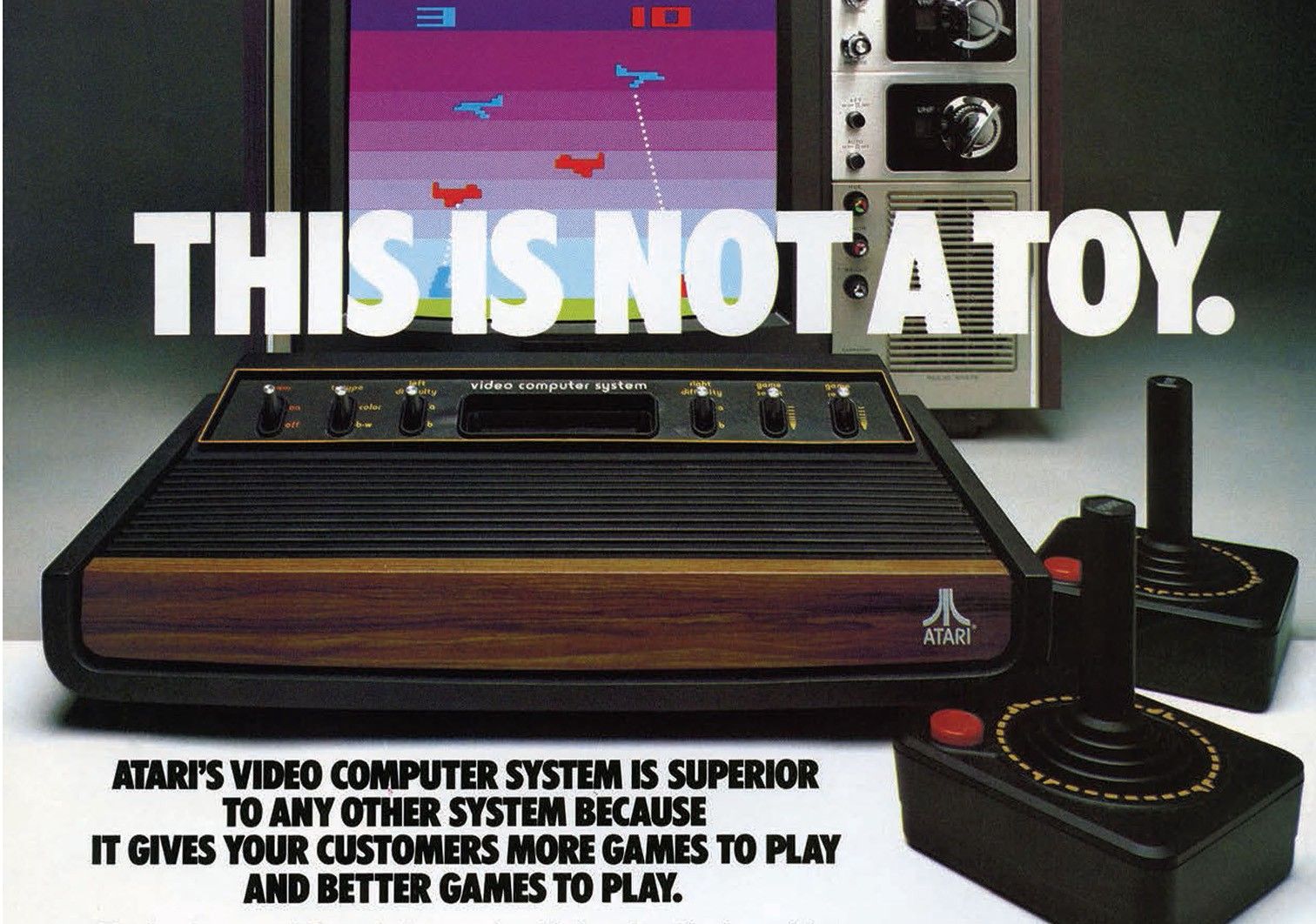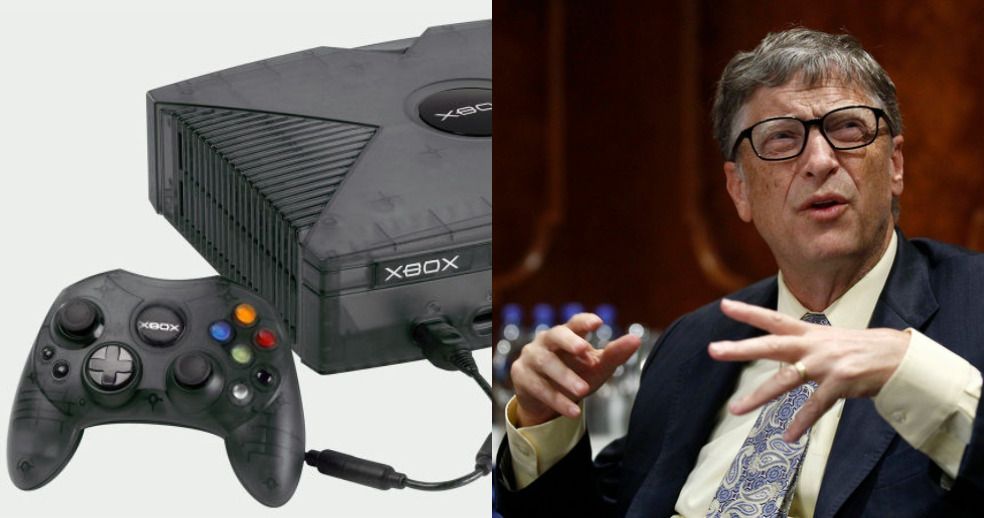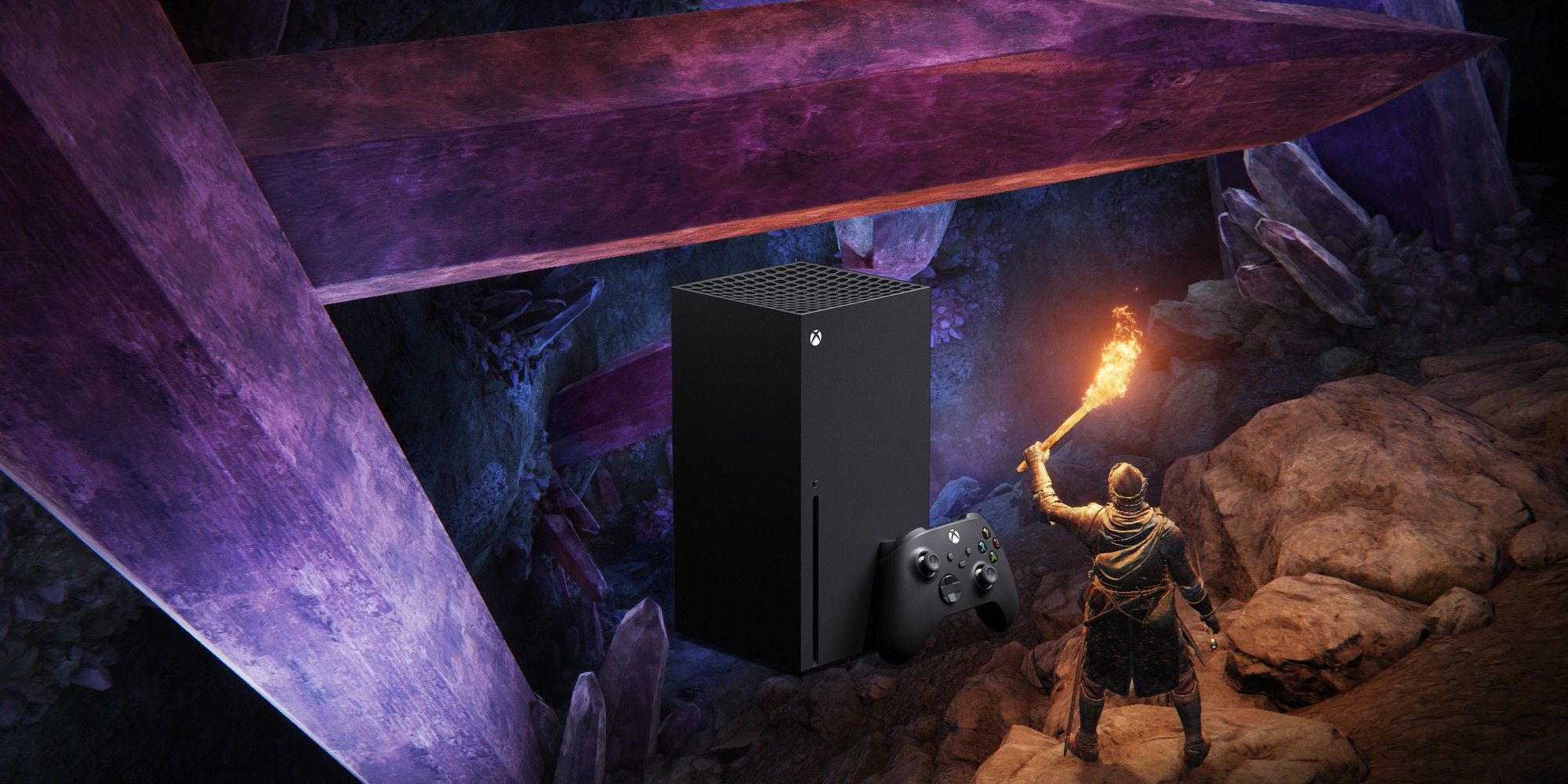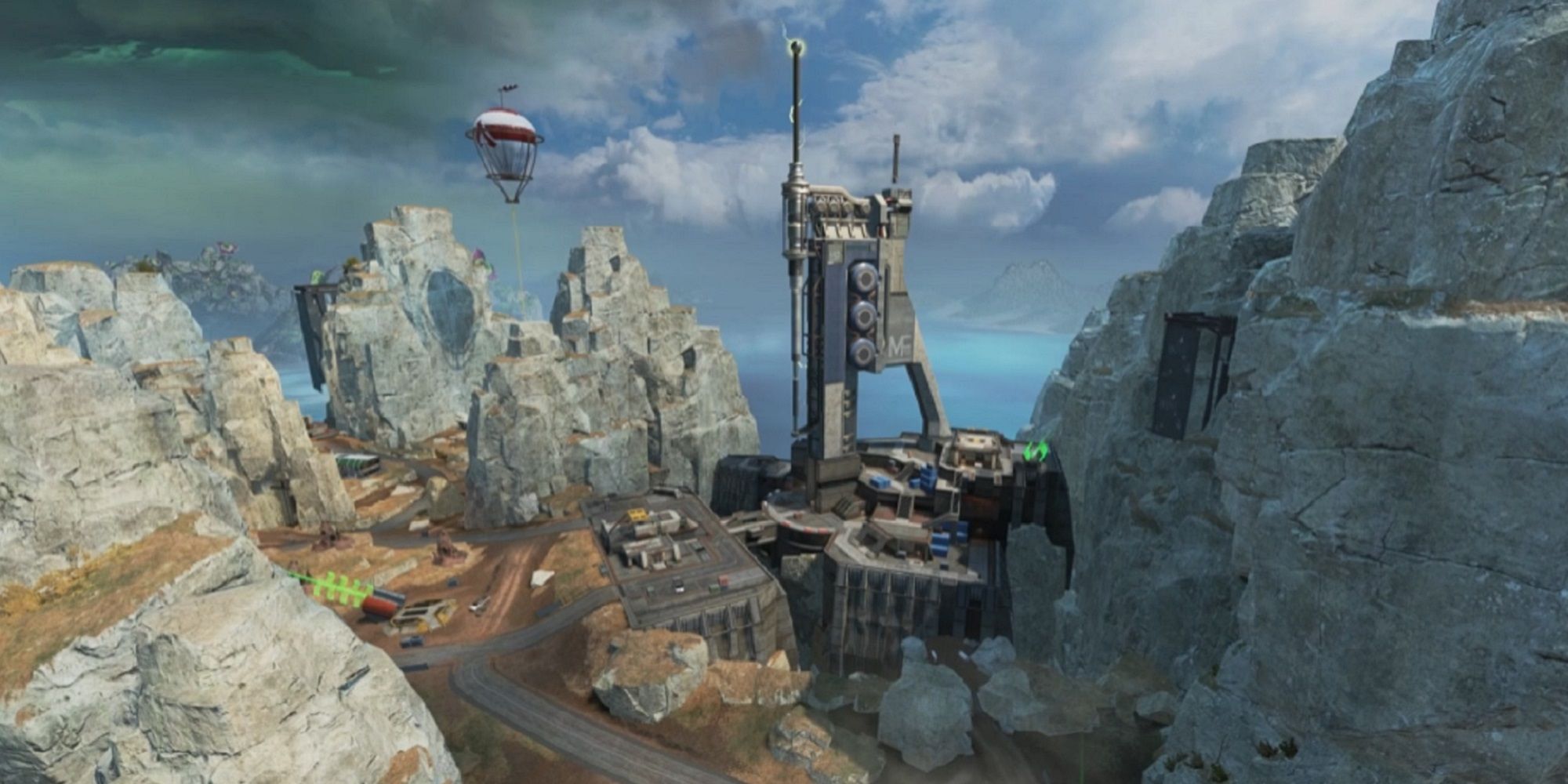There was a time when games consoles were mostly American. In the 1970s and early 1980s, console gaming seemed an almost exclusively North American pastime, with players enjoying Mattel’s Intellivision and the Atari 2600. Games such as Adventure, Centipede, Defender, and Star Wars brought arcade fun and a sense of technological potential to Western living rooms. But in October 1985, things changed. The Nintendo Entertainment System, or Famicom, hit the United States, two years after launching in its native Japan. Nothing would ever be the same.
Atari would go downhill, selling fewer and fewer consoles, until it left console manufacturing altogether in the mid 1990s after the failure of the ‘64-bit’ Jaguar. Nintendo and Sega would take the space, and market share, vacated by the American pioneers. Sony later joined these usurpers and console gaming became dominated by Japanese companies. It took until November 2001, when Microsoft’s Xbox launched nearly two decades after the release of the seismic Atari 2600, for an American company to once again enter the console race. But very quickly, there appeared a problem. Xbox couldn’t find an audience in Japan. In the new home of consoles, the American rival was failing.
But is that starting to change? Have Japanese gamers found a space in their hearts for the outsider? Can Microsoft prosper in a market that is notoriously difficult for Western companies to succeed? Figures show Xbox is finally making inroads in the home of PlayStation and Nintendo. Microsoft has sold more than 100,000 Xbox Series consoles in Japan, reaching this mark at a much faster rate than any previous Xbox.
Japanese gamers are at last responding to the Xbox as tastes seem to be subtly changing. Whereas previous generations may have played mostly JRPGs and ignored Western-style shooters like Halo, young Japanese gamers are starting to gain more interest in these genres. “My friend owned it and wanted me [to get one] too,” says Okada Yuki, an 18-year-old student from Fukuoka, talking about how he came to own an Xbox Series S. It is the first Microsoft console Yuki has ever owned, and he mainly uses it to play first-person shooters.
It’s ironic that, having tried so hard once to woo Japanese console gamers, it is only now when Microsoft is trying a little less hard, that it appears to be doing better. Once upon a time, Bill Gates tried very, very hard.
At the Tokyo Game Show in 2001, Microsoft’s famous co-founder, Bill Gates, came out swinging. He gave a keynote speech to a 4,000-strong audience and spoke of his reverence for Isao Okawa, a former president of Sega who had recently passed away, and his great respect for the Japanese games industry. Executives from Capcom, Square, Sega, Namco, Konami, and more were in attendance. Yet despite announcing several Sega-made games like Panzer Dragoon, Jet Set Grind Radio Future, and Gun Valkyrie - and even producing a special smaller Xbox controller S - the Xbox would go on to be a resounding failure in Japan.
In a longread on the failure of the Xbox in Japan, former director of third-party relations Kevin Bachus spoke at length about the challenges faced by Microsoft: “We were basically going to play in Sony, Sega, and Nintendo’s home stadium. As a result, Seamus and I and other people from the team put a disproportionate amount of effort into trying to make Xbox attractive in Japan, but there were a bunch of things that were lined up against us,” he told Eurogamer’s Wesley Yin-Poole.
These things lined up against them included both reality and perception. The reality was that Japanese games developers weren’t used to making games for PCs, on which the Xbox, with its PC gaming development tools and processes, drew heavily, and the perception was that this was an American console designed primarily for Western gamers. Whatever the case, the console didn’t sell well, reaching 450,000 units while it was on the market between 2002 and 2005. To put this into perspective, the Dreamcast sold more than five times this number in Japan and is considered a failure.
The Xbox 360 would do a little better, selling 1.63 million units from 2005 to 2011, and even managed to outsell the PlayStation 3 and Wii in end-of-week sales a few times, such as when exclusives Infinite Undiscovery and Star Ocean: The Last Hope came out in September 2008 and February 2009, respectively. While the Xbox 360 would prove to be transformative in the Western world, bringing features such as Xbox Live and Xbox Achievements that would go on to influence its arch-rival Sony, the console still didn’t manage to catch much attention in Japan.
However, speeding up to the present of 2021, Microsoft is doing much better in the Land of the Rising Sun. The Xbox Series X/S has sold more than 100,000 units in Japan, according to the local industry bible Famitsu. This is at a much faster rate than for its predecessor the Xbox One, which took four and a half years to reach this figure. Breaking down the numbers, 62.6 percent have bought a Series X and 37.3 percent have bought a Series S in Japan, figures released last month show.
Earlier this year, Xbox’s Asia head, Jeremy Hinton, spoke to IGN Japan, and said Japan was the company’s “fastest growing market worldwide”. Hinton also spoke of the growing indie developer interest for the console there and that some local consumers especially like the smaller size of the Series S.
The reasons behind this relative success for Xbox Series X/S is down to a combination of factors, says Piers Harding-Rolls, games research director at Ampere Analysis. “Microsoft has done a better job of engaging the Japanese console gamer with its messaging, its activities at TGS [Tokyo Game Show] and promising a better selection of Japanese made games,” he said.
The actual design of the console plays a part, Harding-Rolls believes. “When Xbox One first launched with the Kinect, it was a product largely made for the Western market targeting homes with bigger play areas,” he observes, whereas the Xbox Series X, and especially the cute S, might suit the smaller spaces of Japanese homes.
Dr. Serkan Toto, the German founder of Tokyo-based games industry consultancy Kantan Games, says the success of Microsoft’s latest console has much to do with Game Pass. The subscription service, which allows access to hundreds of games, was introduced in Japan in April 2020 and Microsoft offered big discounts for it right after the new gen console launched. “Given that console game prices in Japan are generally very high, Game Pass is an even bigger bargain for local users than for their counterparts in the US,” he said.
Harding-Rolls agrees that Game Pass was key to the Xbox Series X/S’ success thus far, and added that with more Japanese content - such as Final Fantasy, NieR, Dragon Quest, and Kingdom Hearts - available on Game Pass, this had helped sales.
Tominaga Ryuta, a 19-year-old student from Osaka, says he bought an Xbox Series X after watching YouTube videos of streamers playing the console. “I loved watching live games on YouTube and I started to like it,” he tells me. He first used an Xbox 360, and he says that he plays games on the PC and Nintendo Switch more. However, he enjoys Minecraft, Assassin’s Creed, Final Fantasy, Kingdom Hearts, and Apex Legends on his Xbox.
Ryuta, along with Okada Yuki, are two Japanese Xbox owners who fall within the range of Ampere Analysis’ survey of Xbox gamers in the country. “Xbox gamers in Japan are skewed towards 16-24 year olds, around 66 percent male and have more often than not been gaming on consoles for more than ten years,” Harding-Rolls said. It helps that this demographic is young, but Microsoft still faces an uphill battle. Sony has sold more than one million PS5s in Japan, and Microsoft has ten percent of this number and has probably benefited from the fact PS5s have been so difficult to get a hold of, Toto suggests, meaning Japanese consumers were getting Xbox Series X/S as a way of getting into the new gen.
“For foreign companies, Japan is generally a tough nut to crack. Microsoft has been trying for two decades now to make this market work and they have heard every single piece of advice in the book,” he said. “They are trying again with Series S/X, but it still will be very, very hard - there is no magic bullet to turn Japanese users into Xbox customers.”
Piers Harding-Rolls says that Japanese gamers simply prefer their domestic Japanese consoles: “Xbox market share will increase this generation, but still lag heavily behind the local console companies. I don’t see this situation changing this generation whatever initiatives Microsoft puts in place.”
Although Xbox may never see itself become the dominant console in the home of Sony and Nintendo, Microsoft’s gaming machines have made its Japanese rivals step up their game, and shaken up the video games industry on a global scale.

